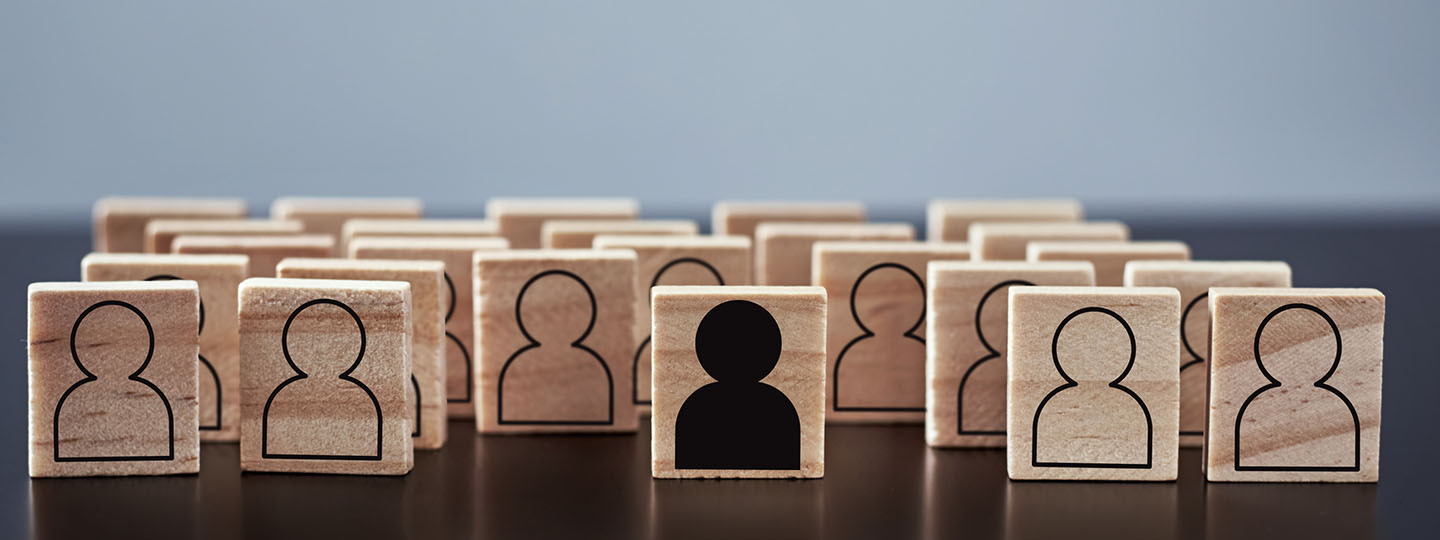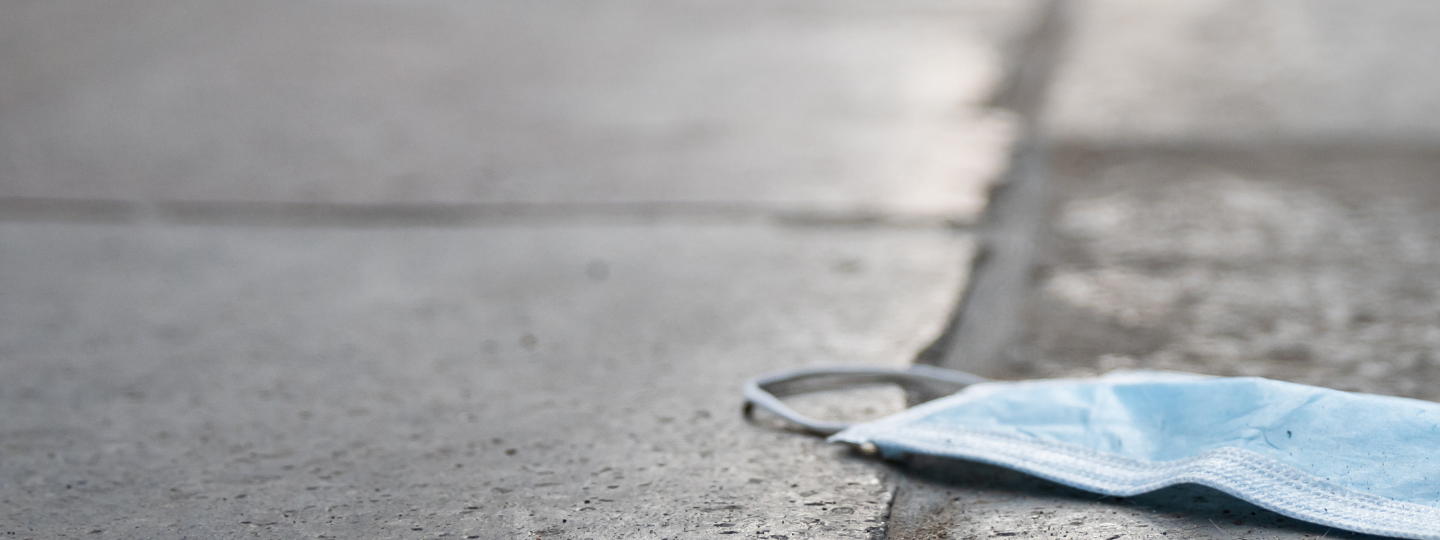Emily, 18, a Jigsaw volunteer from Donegal gives us her story: As the daughter of an essential worker, I’ve come to recognise that quitting time is non-existent these days for some workers.
Dinner time is rarely a shared occasion. As I write this, she’s on phone call number two of the day, on her day off. This is the new normal for myself, and a lot of other young people living with an essential worker during this pandemic.
Dealing with the stress of it all
For many young adults in Ireland over the past few months, there has been additional stress added to the fact that they are living through a global pandemic. For some, almost overnight, they have gained a new responsibility, not only for themselves but for siblings and other family members too, because their parents have been occupied with helping to fight the ongoing crisis. For myself, as well as trying to keep on top of college work, I have been looking after my five younger siblings. This includes doing washing, tidying up the house and making sure they are all fed and watered, as well as checking in to make sure they are ok with their schoolwork. This has been stressful and frustrating at times, but overall very rewarding to know that the pressure is taken off my mammy somewhat when she gets home from work in the evenings.
I have found a few different ways of working in order to help myself and the others in my house as much as possible. My hope is that by sharing them, I can help other young people that find themselves in the same situation as myself. They include:
Planning
Even if it is just a basic list of things I need to do the next day, writing a list always helps me to stay motivated and keep going throughout the day to get as much done as I can.











